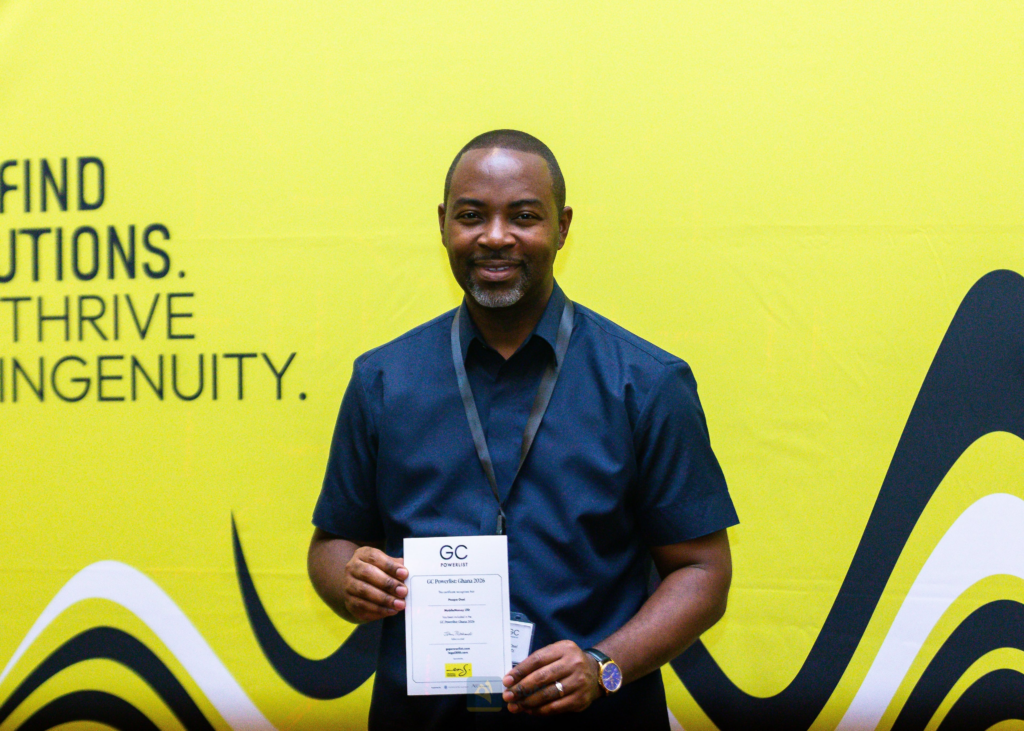
Faithful Not Voiceless is not merely a book, it is a mirror in which truth stares back, a map for those lost in the wilderness of silence, and a movement calling hearts to rise.
Structure and style: Across eighteen candid chapters, she walks us through the unseen scars borne by women whose vows remain intact but whose hearts are starving. With prose that is both poetic and piercing, Mrs. Yoko Afriyie Abbey tenderly yet truthfully breaks the long silence around emotional neglect in marriage, especially within African and faith-based contexts.
She names the cultural norms, misused scriptures, and muted pulpits that enable emotional starvation. Yet her writing is raw without rancour, redemptive without resentment, confronting patriarchal distortions without waging war against men, and calling for transformation rooted in Christlike love and mutual respect.

Core themes: Her message flows through five resounding themes:
- Silence and Suffering – Naming the invisible wounds of emotional neglect, including the unique weight borne by women raising children with special needs.
- Scripture and Society – Challenging the misuse of the Bible and the cultural codes that stifle women’s voices and stunt men’s emotional growth.
- Shepherds and Sanctuaries – Calling the Church to be a true refuge, preaching both submission and sacrificial love.
- Special Assignments – Lifting the veil on the marital, emotional, and spiritual demands of raising children with autism, and the redemptive role of an engaged father.
- Sons and Successors – Raising emotionally whole men, restoring fatherhood, and passing down a healed, Christ-centred legacy.

Scope: The book’s scope is sweeping, moving from diagnosis to deliverance. It addresses emotional absence, cultural conditioning, and ecclesiastical complicity, then offers practical, Spirit-led steps for men, women, leaders, and society. Particularly compelling are her insights on fatherhood in homes with special needs children, the societal task of raising emotionally whole men, and the parallels between leadership in the boardroom and leadership in the bedroom.
Strengths: The strength of this work lies in its balance of truth and tenderness. Mrs. Abbey dismantles the false gospel of silent endurance, but without bitterness. Her call is for redeemed marriages, emotionally present fatherhood, empowered womanhood, and a reawakened Church preaching the whole counsel of God.
Weakness: It’s in book’s vast breadth—covering so many dimensions in one volume. Spanning emotional neglect, church reform, cultural change, to special needs advocacy may leave some readers wishing for more depth in specific areas. Yet, this intensity and urgency are part of the book’s power, it is written to stir hearts into action, not to sit quietly on a shelf.
Voice: She writes with the urgency of a watchman and the compassion of a healer. Each chapter closes not in despair, but with an invitation—to speak, to heal, to lead differently. Her refrain is unforgettable: vulnerability is not weakness, healing is legacy, and change begins with each of us.
Verdict: 5 stars – A courageous, compassionate, and Christ-anchored call to heal marriages, restore dignity to womanhood, and raise a generation where hearts are held, not hushed.


